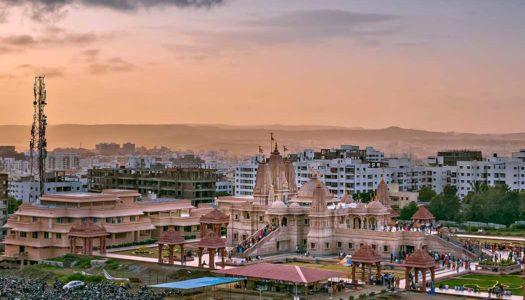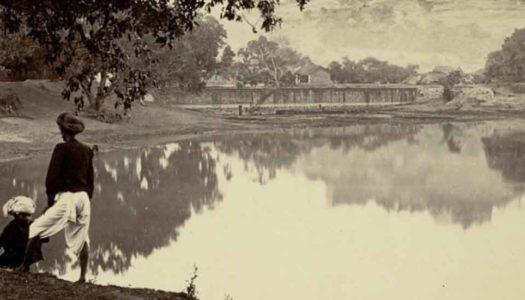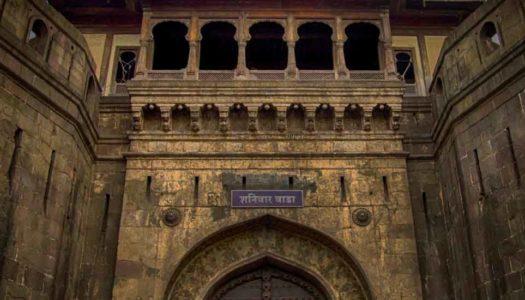As you think of Pune, all you can imagine is the famous Shaniwar Wada or the relaxing camping near pune. Whether it is thinking of an adventurous day out or a rejuvenating time with your loved ones, Pune literally has a plethora of experiences for you. But how does the city connect one serene experience to the other thrilling activity? All thanks to the Pune Metro, you can easily hop from one destination to the other.
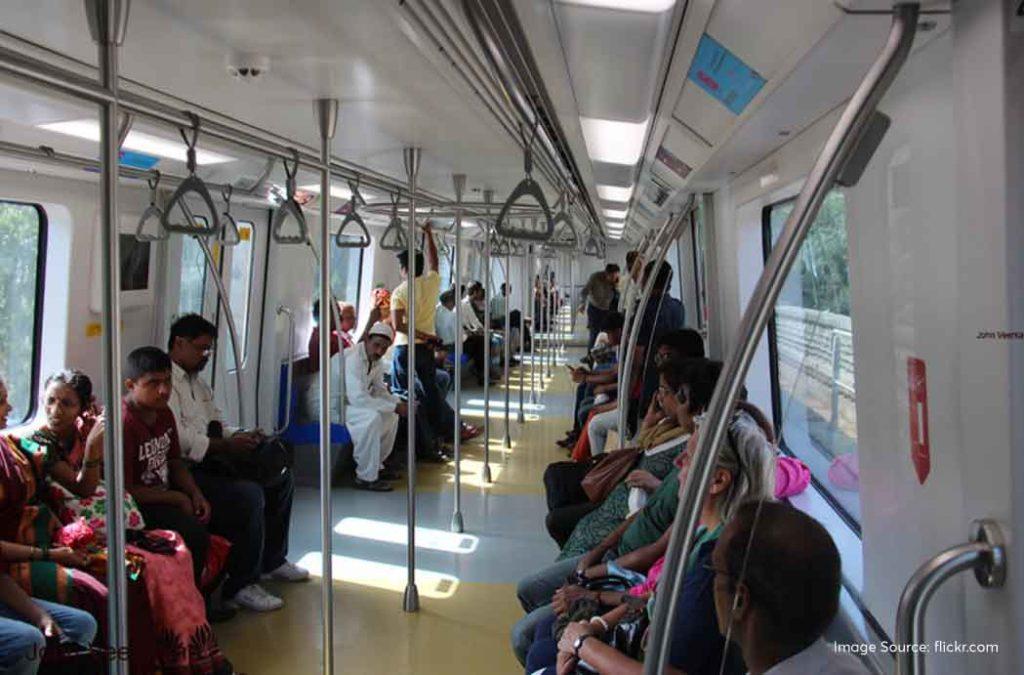
The city is best known for its bustling streets and super-busy lives. While job seekers run for their work, you can also see multiple students near Fergusson College. From the city welcoming tourists to witness the many museums in Pune to treating locals with nearby picnic spots pune is always moving. Travellers constantly move to their spots of joy, adventure or solace.
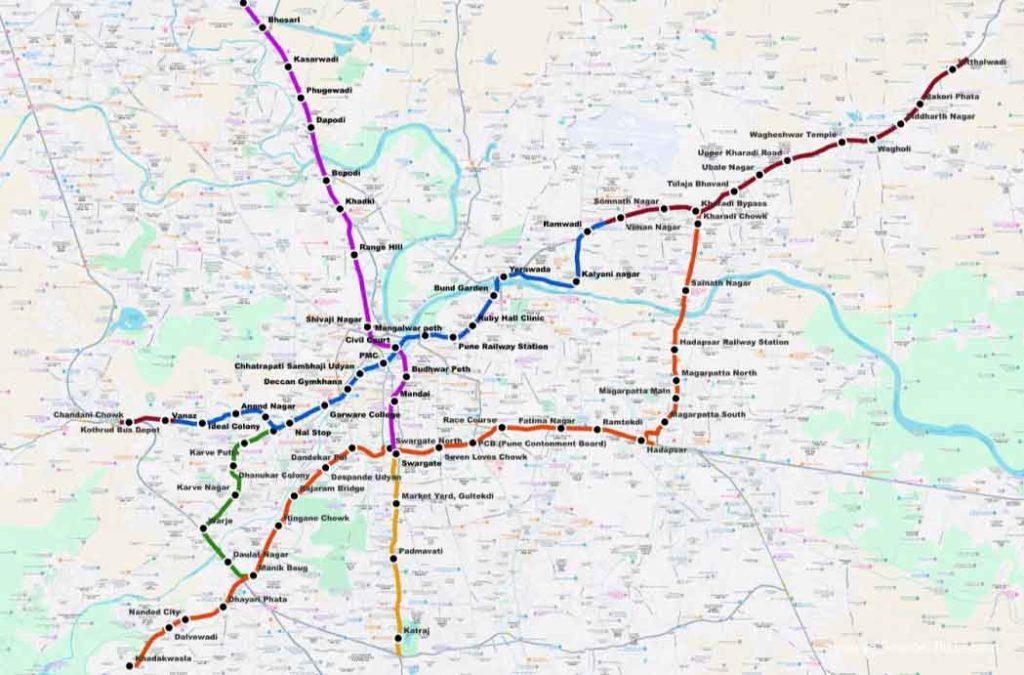
As the city is home to multiple universities, educational institutions and industries, Pune Metro literally serves as a relaxing mode of commute. While the city opens its arms to many travellers, job seekers and students, Pune Metro ensures a smooth and safe travel experience for all. After all, a city develops faster when its citizens get to move to their designated spots in a hassle-free way.
So, let’s discover Pune Metro in detail so you can plan your journey in the city of amusement parks in Pune and street food in Pune stalls.
Book Budget Hotels in Pune
History and Development
Urbanisation in Pune led to a number of travellers as well as citizens moving into the city. This is exactly how the city started experiencing congestion and extreme traffic. Even after private vehicles and the availability of public transport, the city experienced heavy traffic during peak hours. Not only job seekers but also students face the difficulty of commuting from one place to the other.
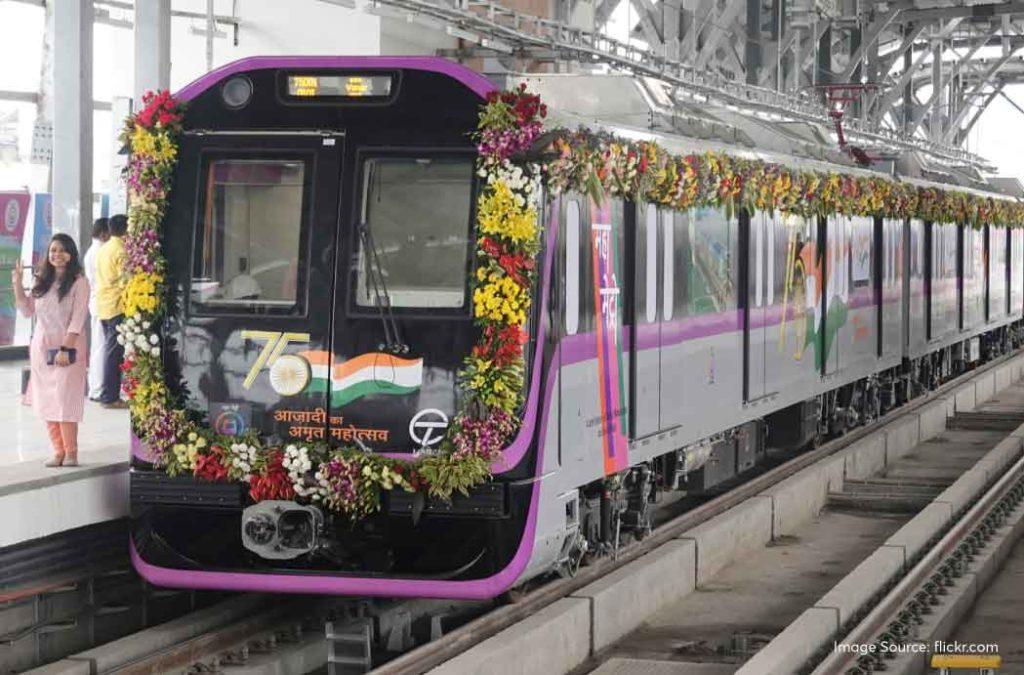
Hence, Skybus Metro was a prototype being discussed to provide a solution for travellers. However, September 2004 experienced a mishap after which the project was delayed. History suggests that Pune Mahanagar Parivahan Mahamandal Ltd. (PMPML) operated buses in the city. Even after frequently running buses, the city did not experience any change in traffic conditions.
Later, the project for Pune Metro began by Delhi Metro Rail Corporation in 2008. It was only in January 2017 when Maharashtra Metro Rail Corporation Ltd. (Government of Maharashtra + Government of India) began the construction work.
Key Milestones
- June 2012: The state government approved the initial project that consisted of two lines.
- December 2016: The project received final approval from the central government.
- December 2016: Prime Minister Narendra Modi laid the foundation stone to begin the construction work.
- December 2018: Foundation stone was laid for the construction of Line 3.
- November 2021: Construction began for Line 3 after many land disputes.
- March 2022: Different sections of the two (Purple and Aqua) lines were inaugurated.
- August 2023: The remaining sections in the two lines became operational for usage.
Operational Lines
Line 1 or Corridor 1 (Purple Line): Pimpri Chinchwad Municipal Corporation (PCMC) – Swargate
Distance covered: 16.59 kilometres
Number of Stations: 12 stations
Stations: PCMC, Tukaram Nagar, Bhosari, Kasarwadi, Fugewadi, Dapodi, Bopodi, Khadki, Range Hill, Shivaji Nagar, Civil Court, Budhwar Peth, Mandai and Swargate.
Line 2 or Corridor 2 (Aqua Line): Vanaz – Ramwadi
Distance covered: 14.665 kilometres
Number of Stations: 16 stations
Stations: Vanaz, Anand Nagar, Ideal Colony, Nal Stop, Garware College, Deccan Gymkhana, Sambhaji Park, PMC, Civil Court, Mangalwar Peth, Pune Railway Station, Ruby Clinic, Bund Garden, Yerawada, Kalyani Nagar and Ramwadi.
Extensions Under Planning and Construction
Extensions of metro lines are in process, considering the need to connect different and more areas of the city. Phase 1 extension is named Phase 1A, which is expected to be completed by 2029.
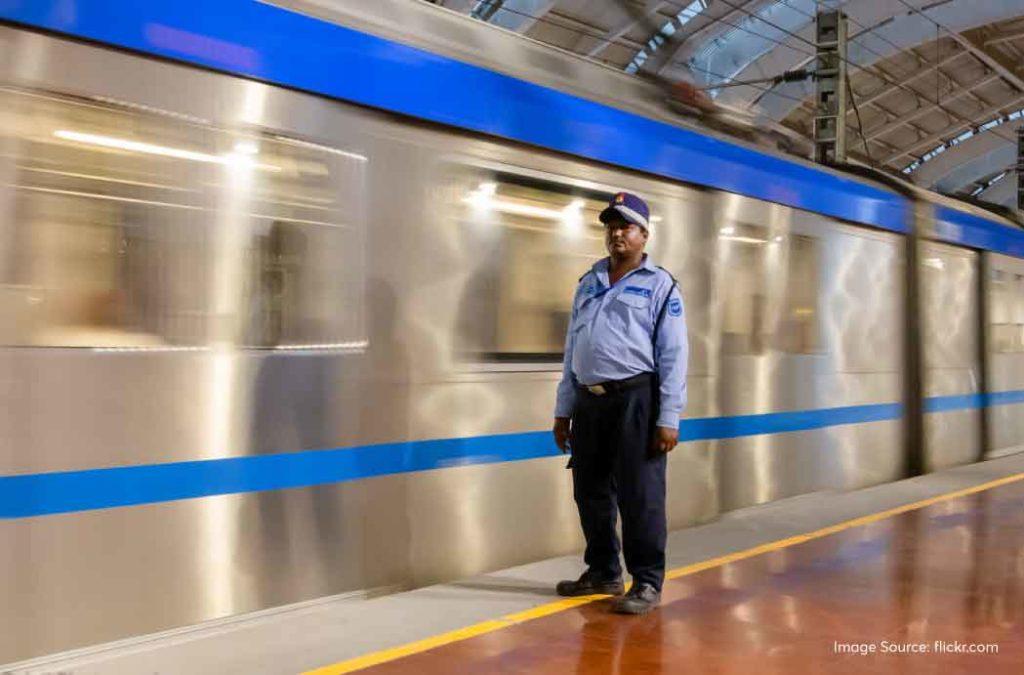
PCMC to Bhakti Shakti extension received the approval of the Central Government in 2023. Swargate to Katraj extension also received approval in August 2024. The other lines received approval from the state government. However, the approval from the central government is awaited.
- Purple Line: Pimpri Chinchwad Municipal Corporation (PCMC) – Bhakti Shakti
Number of Stations: 4
Stations: Chinchwad, Akurdi, Nigdi and Bhakti Shakti.
- Purple Line: Swargate – Katraj
Number of Stations: 3
Stations: Market Yard (Gultekdi), Saibaba Nagar and Katraj.
- Aqua Line: Vanaz – Chandni Chowk
Number of Stations: 2
Stations: Kothrud Bus Depot and Chandni Chowk.
- Aqua Line: Ramwadi – Wagholi
Number of Stations: 11
Stations: Viman Nagar, Somnath Nagar, Kharadi Bypass, Tulaja Bhavani, Ubale Nagar, Upper Kharadi Road, Wagheshwar Temple, Wagholi, Siddharth Nagar, Bakori Phata and Vitthalwadi.
- Line 3: Hinjewadi – Civil Court
Number of Stations: 23
Stations: Megapolis Circle, Embassy Quadron Business Park, Dohler, Infosys Phase II, Wipro Phase II, Pall India, Shivaji Chowk, Hinjewadi, Wakad Chowk, Balewadi Stadium, NICMAR, Ram Nagar, Laxmi Nagar, Balewadi Phata, Baner Gaon, Baner, Krushi Anusadhan, Sakal Nagar, University, R.B.I., Agriculture College, Shivaji Nagar and Civil Court.
Fare and Timings for Pune Metro Ticket Booking
Pune Metro is constructed with the aim to facilitate better travel for commuters. Hence, the fare for tickets is INR 35 on the maximum side. The fare depends on your boarding station and destination. Keeping affordable prices allows students as well as travellers to opt for the metro instead of other modes of transportation. Not only is it convenient, but it also fulfils the purpose of reducing congestion on the roads.
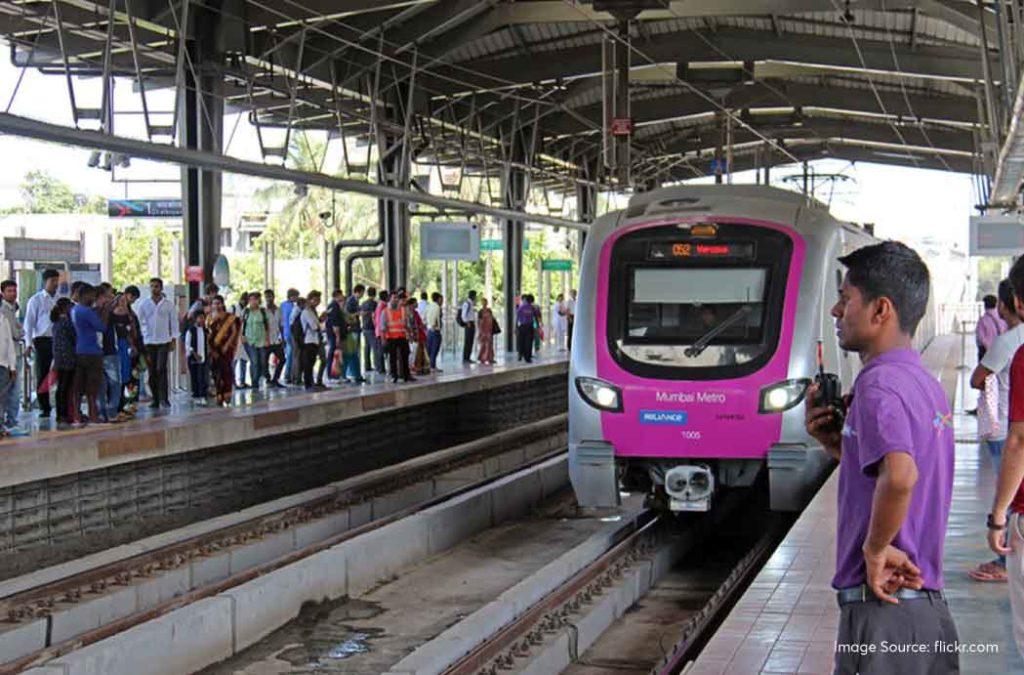
Pune Metro trains operate from 6:00 Am to 10:00 Pm. The trains are available after an interval of 7 minutes during peak hours. The waiting time changes to 10 minutes during the non-peak hours.
Modern Features and Facilities
1. Ticket Counters
The stations are equipped with ticket counters wherein you can manually purchase the ticket. Pune metro ticket counters make it convenient for passengers with the help of a human assistant. For those unfamiliar with smart vending machines and mobile apps, the counters act as a reliable source for getting information. Moreover, it is ideal for individuals who prefer cash transactions instead of digital payments. No matter the tech savviness, Pune Metro ensures inclusivity for all travellers.
2. Self-operated Ticket Vending Machines
Pune Metro understands busy travellers who do not wish to wait in long queues just to get the ticket. That is exactly why many metro stations in Pune have a self-operated ticket vending machine, making it convenient for commuters. All you need to do is operate the machine, select your destination station, wait for the payment link or the QR code, make the payment and receive your Pune metro ticket. It is just that simple!
Additionally, these machines are equipped to issue single-journey and multiple-journey tickets. If you have a metro card, you can also recharge it using the machine. Such features enhance the utility of the electronic gadget. The self-service option enables faster transactions and reduces the dependency on manual ticket counters.
3. E-Scoot Docking Station
Imagine the relief when you don’t have to wait for auto rickshaws to reach your destination. You can simply opt for an e-scooter from the metro station and ride your way. The E-Scoot docking station at Anand Nagar Metro Station in Pune provides a sustainable last-mile connectivity solution for commuters. You can easily rent electric scooters (e-scoots) to travel short distances.
Many students travelling to MIT World Peace University opt for this facility to create a balance between saving costs and enjoying a hassle-free ride. The eco-friendly option also reduces carbon footprints, thereby making it a top-rated solution for environmental safety. These e-scooters are connected with mobile apps, making it convenient for you to make the payment. So, get ready for a super smooth commute in Pune.
4. Pay and Park
Selected Pune metro stations are now equipped with Pay and Park facilities. These stations provide you with a safe and convenient parking option. The strategic move enables you to travel longer distances via the metro rail. You can always come back to find your personal vehicle in a safe zone. It also reduces the time spent looking for public transport options.
Additionally, the infrastructure for parking areas is top-notch, with concrete paths and the installation of CCTV cameras. The prices are also affordable, starting at INR 8 per hour, depending on the size of the vehicle. Many stations also provide app-enabled parking, making it a technically advanced system for commuters.
5. Rooftop Solar Power Plant
Pune Metro is all about green initiatives empowering the idea of environmental sustainability. Hence, rooftop solar power plants are installed at most metro stations in Pune. It reflects the city’s commitment to eco-friendly infrastructure. These solar power plants are installed on the rooftops of metro stations and depots. They help power the metro’s operations, including lighting, escalators and ticketing systems. It surely reduces reliance on conventional energy sources.
Impact on Mobility and Urban Commute
Pune Metro has played a significant role in increasing mobility among everyday commuters. Not only has it reduced traffic congestion but also encouraged riders to opt for a more convenient option for transportation. It literally helps people to shift from personal vehicles as the metro rail coaches are air-conditioned. It also reduces vehicular movement on the road, leading to a reduction in noise and air pollution. As of August 2024, 1.18 lakh daily riders were registered, leading to a growth in ridership. The number significantly increased during the month of September due to the Ganesh Chaturthi festival.
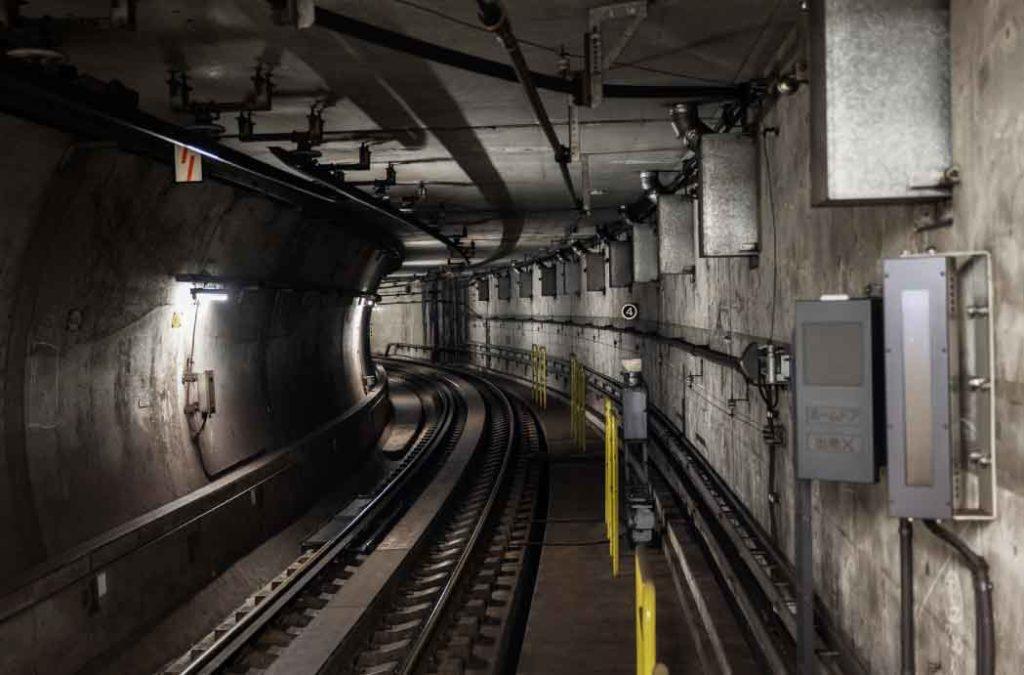
Apart from offering smooth transportation, Pune Metro also helps in boosting the economic growth of the city. Even the real estate market is expected to grow with metro stations available in residential and commercial spaces. It also allows businesses and retailers to display their products and services on different metro stations. While it creates construction jobs, it also encourages an exchange of talents from one part of the city to the other.
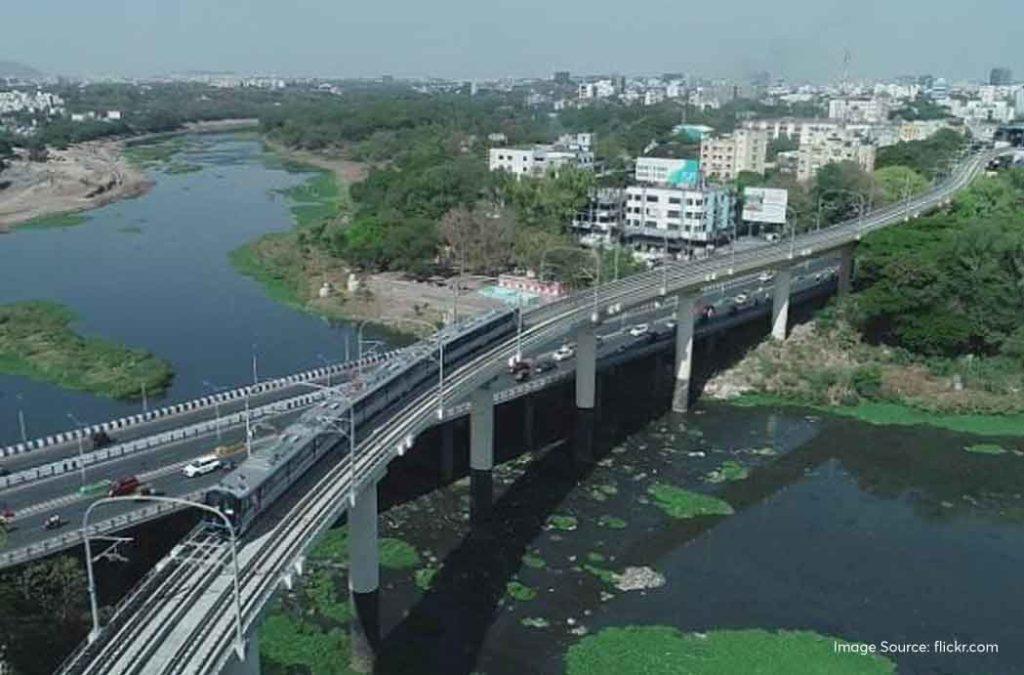
What makes Pune Metro special is the inclusion of various schools and universities participating in the learning and understanding of metro. The impact is clearly evident and is expected to boost the cultural and economic aspects of the city.
Pune Metro: Key Highlights
- The Pune Metro project was a part of the G-20 meet to showcase the major infrastructure development. More than 40 countries witnessed the construction and implementation of the metro rail project.
- Pune Metro was invited by the Pune Construction Engineering Research Foundation to Constro 2023. Being one of the largest construction industrial expos, it witnessed conversations with many vendors, manufacturers and business leaders.
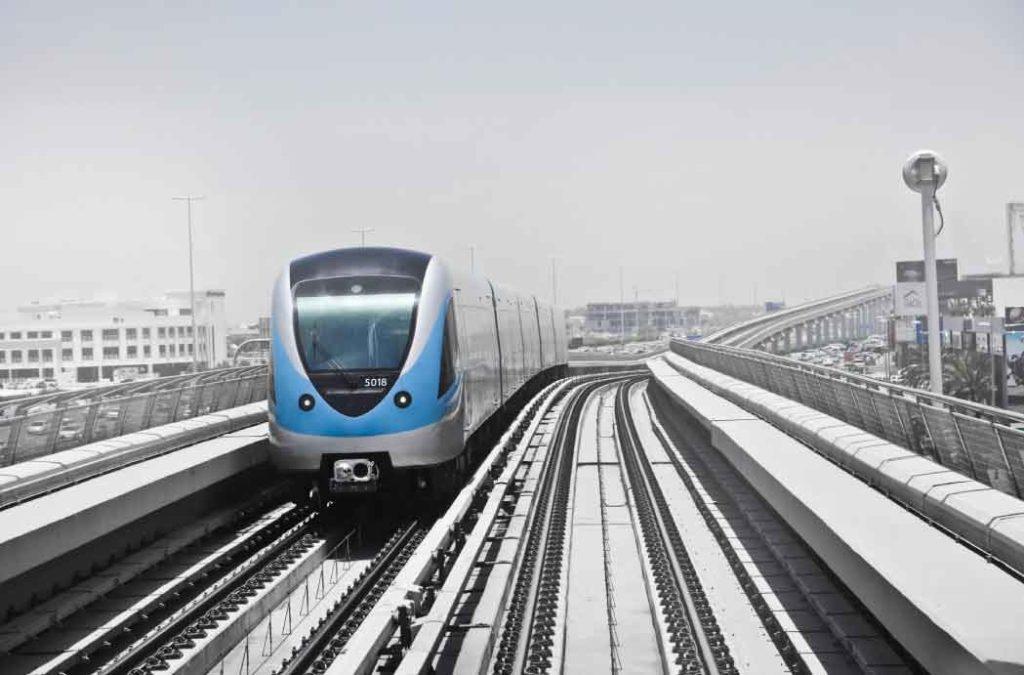
- A drawing and painting competition was organised by the Rotary Club of Katraj. The theme for the same was Mazi Metro – Pune Metro.
- Pune Metro was operational from 6:00 Am to 11:00 Pm during the Ganesh Chaturthi festival. People visiting Ganesh Pandals truly enjoyed the convenience. In fact, the metro was operational for 24 hours on the last day of Ganeshotsav.
Future Plans for Better Connectivity
Pune Metro is constantly upgrading to facilitate easy commuting for citizens. Hence, new metro lines as well as extension plans are already on the list.
Line 5: Khadakwasla – Swargate – Hadapsar – Kharadi
Distance covered: 25.65 kilometres
Number of Stations: 22
Stations: Khadakwasla, Dalvewadi, Nanded City, Dhayari Phata, Manik Baug, Hingane Chowk, Rajaram Bridge, Deshpane Udhyan, Dandekar Pool, Swargate North, 7 Loves Chowk, PCB, Race Course, Fatima Nagar, Ramtekdi, Hadapsar, Magarpatta South, Magarpatta Main, Magarpatta North, Hadapsar Railway Station, Sai Nath Nagar Chowk and Kharadi Chowk.
Spur Line: SNDT – Warje – Manik Baug
Distance covered: 8 kilometres
Number of Stations: 6
Stations: Paud Phata, Karve Putla, Dhunkar Colony, Karve Nagar, Warje and Daulat Nagar.
High Capacity Mass Transit Route (HCMTR or Ring Line): Ambedkar Chowk – Siddhi Garden – Lulla Nagar – Viman Nagar- Deccan College – Kirloskar
Distance covered: 36 kilometres
Number of Stations: 44
Stations: Ambedkar Chowk, University Back Gate, University Main Gate, JW Marriott, Patrakar Nagar, Kelewadi, Paud Phata, Alankar Police Chowki, Saket Society, Siddhi Garden, Senadatta Police Chowk, NS Phadke Chowk, Sanas Ground, Laxmi Narayan Chowk, City Pride, Market Station, Market Yard Bus Depot, Gangadham Chowk, Bibewadi, Lulla Nagar, Samvidhan Chowk, Jambhulkar Chowk, Fatima Nagar, Kalubai, Ghorpodi, Pingle Vasti, Tadi Gutta Junction, East Avenue Road, Vadgaon Sheri, Viman Nagar, Clover Park, Sakore Nagar, Pune Airport, 509 Junction, Shahu Maharaj Chowk, Vishrantwadi, Sathe Biscuit, Vishrantwadi Police Station, Home Guard, Deccan College, Holkar Jal Shuddhi, Kirkee Methodist Church, Kirkee and Kirloskar.
Your ticket for Pune Metro!
Now that you have discovered the benefits and features of the Pune Metro, start discovering the city’s buzzing nightlife places and shopping destinations. You can easily book affordable hotels in Pune near the metro stations for hassle-free movement in the city. So, get ready for a wholesome journey with the utmost comfort and care.















